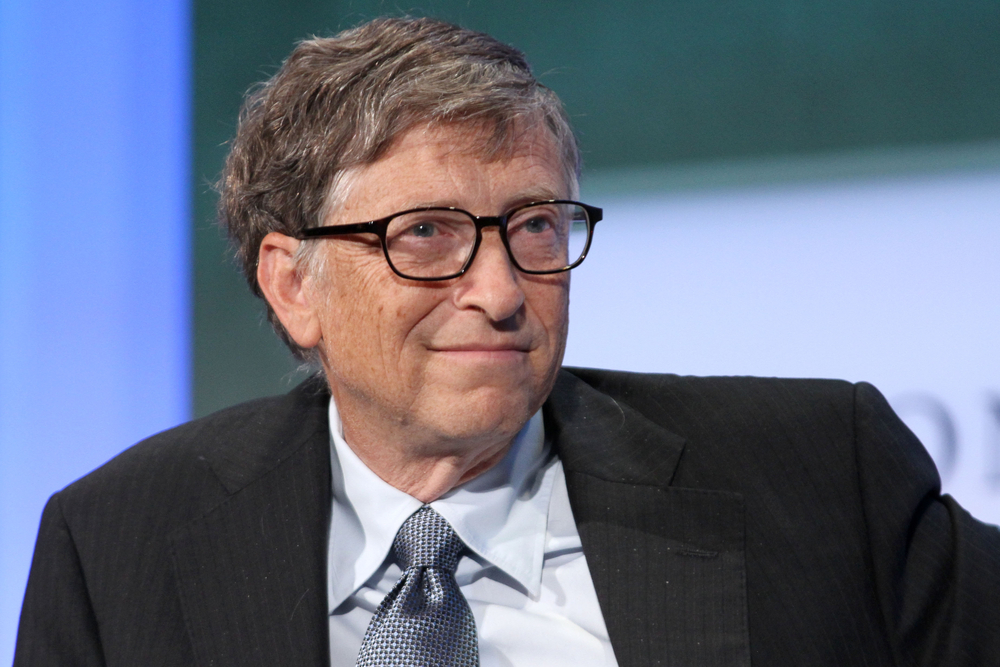
OTTAWA — Last year, the billionaire philanthropist Melinda Gates and her daughter spent two days living at a family farm in Tanzania with twin 13-year-old siblings, a brother and sister, and their parents.
Each night, the girl wouldn’t begin her homework until 10:30 p.m. because she had to first finish chopping wood, fetching water, doing the laundry, cooking dinner and washing the dishes. Her brother, meanwhile, was free to study. He’d accomplished something she hadn’t — passing high school entry exams.
To Gates, the co-chair of the foundation started with her husband Bill, the situation spoke volumes about the need the level the playing field between the sexes if poor countries are to throw off the shackles of poverty.
“Education is a great leveller. But if the factors that hold girls back are not addressed, and if access to education isn’t equal, then education will become another cause of inequity, rather than a cure for it,” the couple write in their annual letter on development, released Wednesday.
In an exclusive interview with The Canadian Press, Melinda Gates said she wants to see greater equality between the sexes as the key focus in global development in the next decade and a half — something in which she believes Canada is well-positioned to be a partner.
She cited Stephen Harper’s Muskoka Initiative on maternal, newborn and child health, towards which the prime minister has committed more than $6.3 billion between 2010 and 2020.
“You have more women in the development community pushing these issues, and you finally have more men saying, ‘I’m going to stand up for women,'” Gates said from New York.
“Prime Minister Harper is a prime example of this; Prime Minister David Cameron in the U.K. saying that he’s for gender, is a prime example. We need to have men, because quite honestly it’s men often who are making the funding decisions.”
This is an important year for the global development agenda because the 15-year-old United Nations Millennium Development goals expire. When the world meets at the General Assembly in September, the post-2015 agenda will be mapped out.
Canada is pushing hard to maintain child and maternal health — the focus of two of the eight current goals — as a priority while pushing for the inclusion of ending early forced marriage, another stated objective.
Gates said she expects the new goals to be broader and with more targets, giving donor countries the ability to pick areas of focus the way Harper did.
The Gates’s letter says the lives of people in poor countries will improve more rapidly in the next 15 than at any other time in history.
It lays out a variety of areas where progress can be made — from wiping diseases such as polio and malaria off the face of the Earth, to continuing to bring down the number of women and children who die in childbirth or before a toddler’s fifth birthday.
It predicts mobile phones will give an additional two billion poor people access to bank accounts by allowing them to conduct small transactions on their handheld devices.
The 15-year-old Gates Foundation is one of the largest in the world, and was initially a major investor in Harper’s Muskoka Initiative when he unveiled it at the G8 summit Canada hosted in 2010.